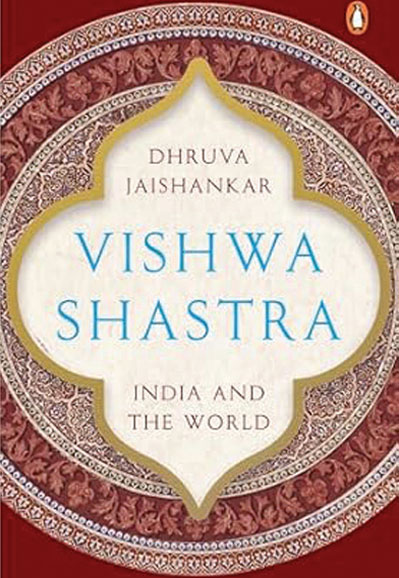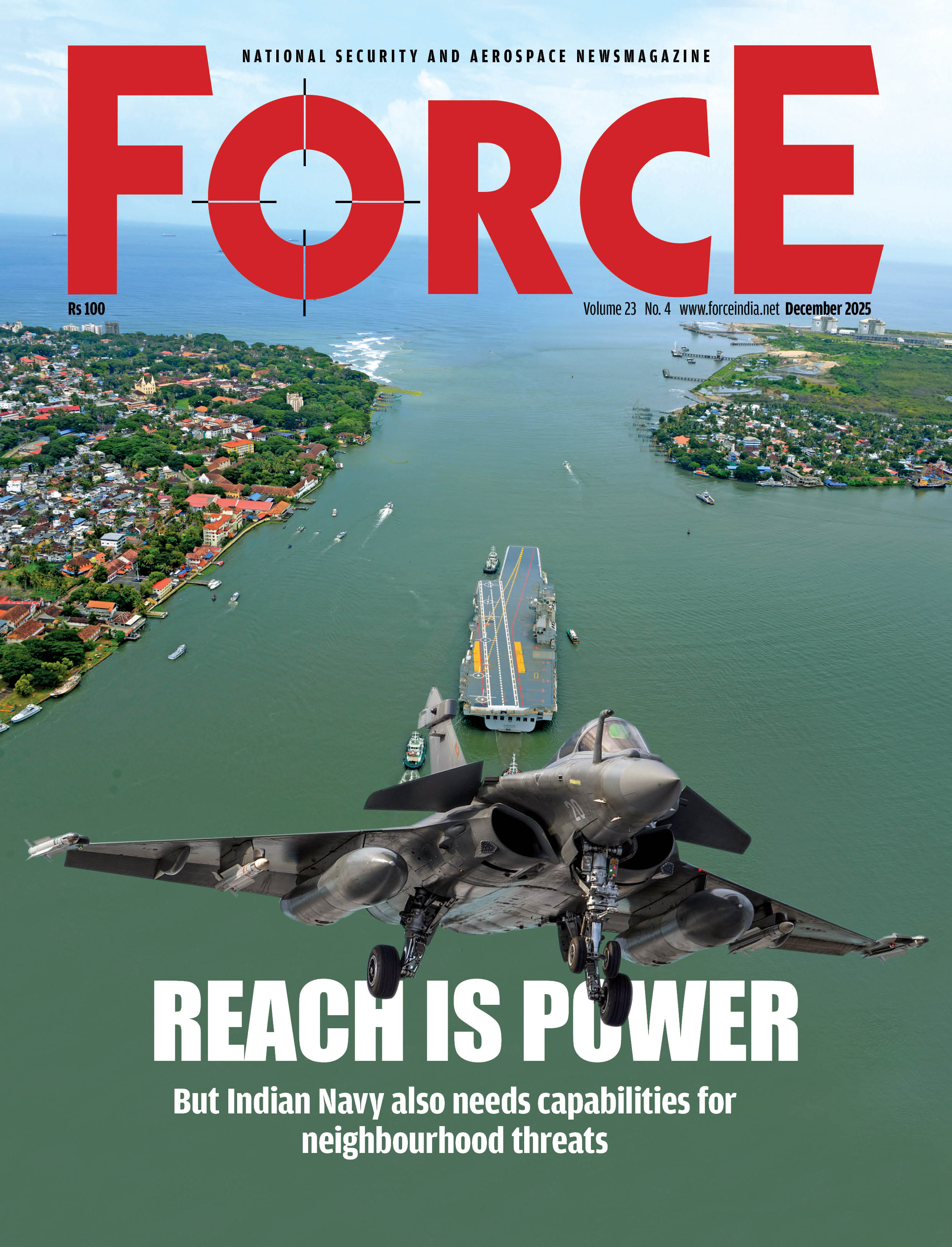Books | The World’s a Stage
 Dhruva Jaishankar
Dhruva Jaishankar
Perhaps the most radical new relationships in this period were forged in West Asia (the Middle East). Hosting Abu Dhabi’s crown prince (and later president of the United Arab Emirates) Sheikh Mohammed bin Zayed Al Nahyan (popularly referred to as MbZ), for Republic Day in 2017 contributed to major breakthroughs in India’s relations with the United Arab Emirates and Gulf States. On regional issues, there was a meeting of the minds and shared concerns about radical Islamism. Outreach to the UAE also facilitated better relations with Saudi Arabia, which for many years had been a close partner of Pakistan. Regional developments following the ‘Arab Spring’ and the economic imperatives had gradually elevated India’s importance for the Gulf Arab states. The relationship between India and the Gulf was no longer about just the diaspora and fossil fuel energy exports, but increasingly also about trade, investment, technology, security, and education. The sizeable Indian diaspora also helped ensure strong cultural links, including the building and inauguration by Modi of a temple—BAPS Hindu Mandir—in Abu Dhabi in early 2024. In other r
Subscribe To Force
Fuel Fearless Journalism with Your Yearly Subscription
SUBSCRIBE NOW
We don’t tell you how to do your job…
But we put the environment in which you do your job in perspective, so that when you step out you do so with the complete picture.







